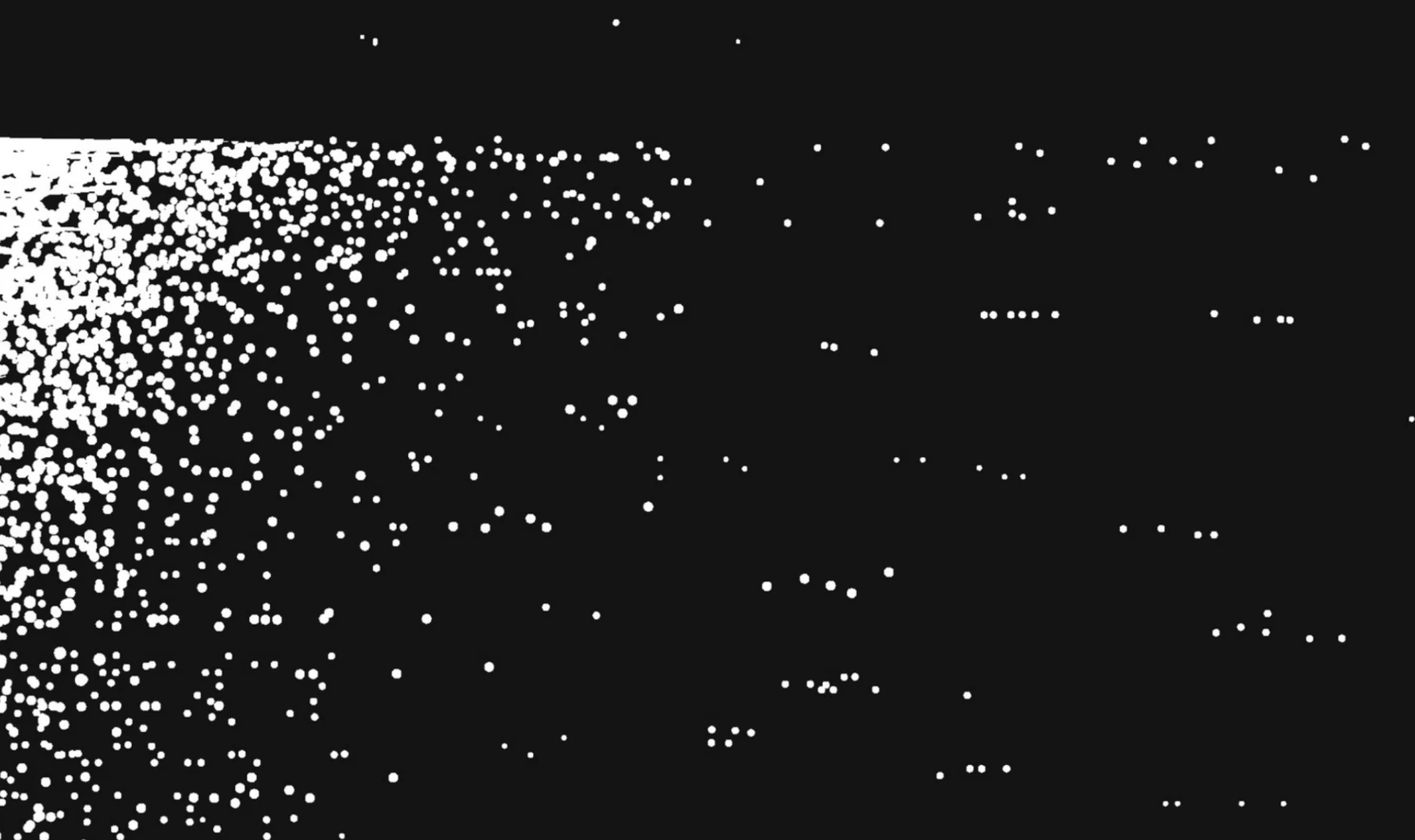“The Passing” and Other Poems
THE PASSING
After what had gone before
was gone, it was afternoon,
deep spring, and the distances:
finding a way to look at
the sky painted above the
trees. Redrawn, the acanthus,
heavy scent of the drying
leaves. There had been that rain that
doesn’t change the shapes of things
but the after, fractured clouds,
the lines of birds rising where
the path had been between you.
What you thought of was the way
he touched your elbow, the rough
place you never see. Then dark
leaving dusk behind and, where
something had been, nothing but
the path hard from passing yet
never done, and the trees, long
necked, searching where nothing was,
though nothing was everywhere.
THE GARDENER
Our new souls crackle in the
wind that runs the banked flats of
our father’s garden; so long
as there are days, dawn arrives
in the deep grass, unlocks the
horizons: stiff garment of
the material world. Our
father broadcasts bone meal on
the rose beds, straightens to read
the light, and his broadleaf hands,
the big digging thumbs. Every
spring, as long as there are springs,
he rises, grabbles for the
ladder treads, sun climbing the
lined clouds behind him, to clear
the guttering in his clean
gloves, scoop dead oak, yellowed elm,
inky beech dung, because he
loves what’s pure and hates stinking
things. He checks his Timex, high
afternoon leaves flecking the
elastic sky; he’ll break down
backyard clods; now he’s waving
to us through the lightness. Or
signaling to us that he’s
fallen on his pitchfork. At
the window, our mother mouths
a word—jackass—to the late
air, which is gray and moist, mild
as the soft ash of childhood.
UNTIL SUNRISE
The past is whatever has
passed, and sometimes unsounded;
time’s only its horizon:
what’s unheard is everywhere.
Today’s sun hung windless, the
stopped sky, and the prosody
of the water, finish on
water of the light true in
its ending: at the cry of
dusk, I remembered you. The
tide reached for what might have been
but would never be, which is
the longest sentence in the
language of the night, and the
sky floated on the hill of
water, the stars inside, yet
time is water, which moves to
be true; the moon lay naked
across waters that might not
have been but were, without which
who could live until sunrise.
Becky Kennedy is a linguist and a college professor who lives with her family in Jamaica Plain, Massachusetts. Her work has appeared in a number of journals and in three chapbooks and has been anthologized; her poetry has been nominated for the Pushcart Prize and has appeared on Verse Daily.

